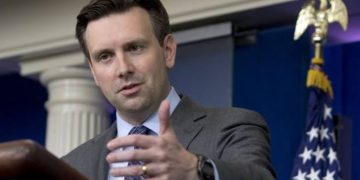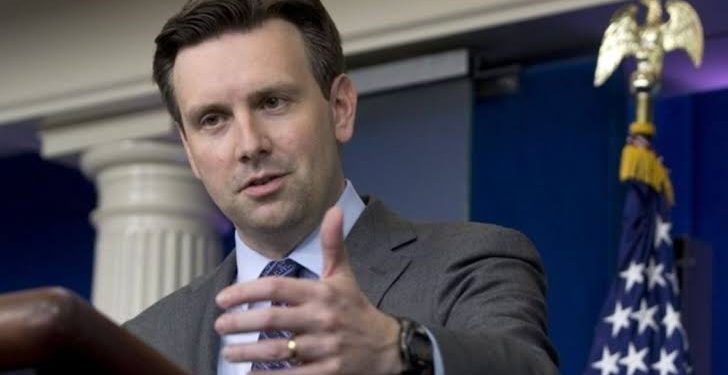By Enyichukwu Enemanna
The United States has said it has “serious doubts about the credibility of the announced results” in the Nov. 20 elections in Equatorial Guinea in which the incumbent President Teodoro Obiang Nguema won re-election with 95%, calling on authorities to work with all stakeholders to address allegations of voter fraud.
US State Department spokesperson Ned Price in a statement on Tuesday alleged “significant election-related irregularities” included intimidation, coercion and repeat voting, adding that the United States is also concerned by what he said were irregular counting practices.
“These irregularities would violate Equatoguinean law,” Price said in the statement.
“Given the scale of irregularities observed and the announced results giving the PDGE 94.9% of the vote, we have serious doubts about the credibility of the announced results,” Price said, referring to the ruling Democratic Party of Equatorial Guinea (PDGE).
Equatorial Guinea’s embassy in Washington did not immediately respond to a request for comment.
Equatorial Guinea’s vice president said on Twitter on Saturday that his father, President Teodoro Obiang Nguema, had won re-election with 95% of the Nov. 20 vote and that his party took all the senate and parliament seats.
The country’s electoral commission later confirmed the results.
The recent “victory” gives Obiang, 80, a sixth term in office, extending his 43-year rule and cementing his place as the world’s longest-standing ruler.
The West African country of around 1.5 million people has had only two presidents since independence from Spain in 1968. Obiang ousted his uncle Francisco Macias Nguema in a coup in 1979.
Obiang has always been elected with more than 90% of the vote, results that international observers have questioned. Critics say Obiang has rigged elections and done little to drag the country out of poverty despite great personal wealth.
Rights groups accuse him of muzzling dissent and cracking down on rivals. Protests are mostly forbidden, media is heavily controlled, and political opponents are often arrested and tortured, they say.




































